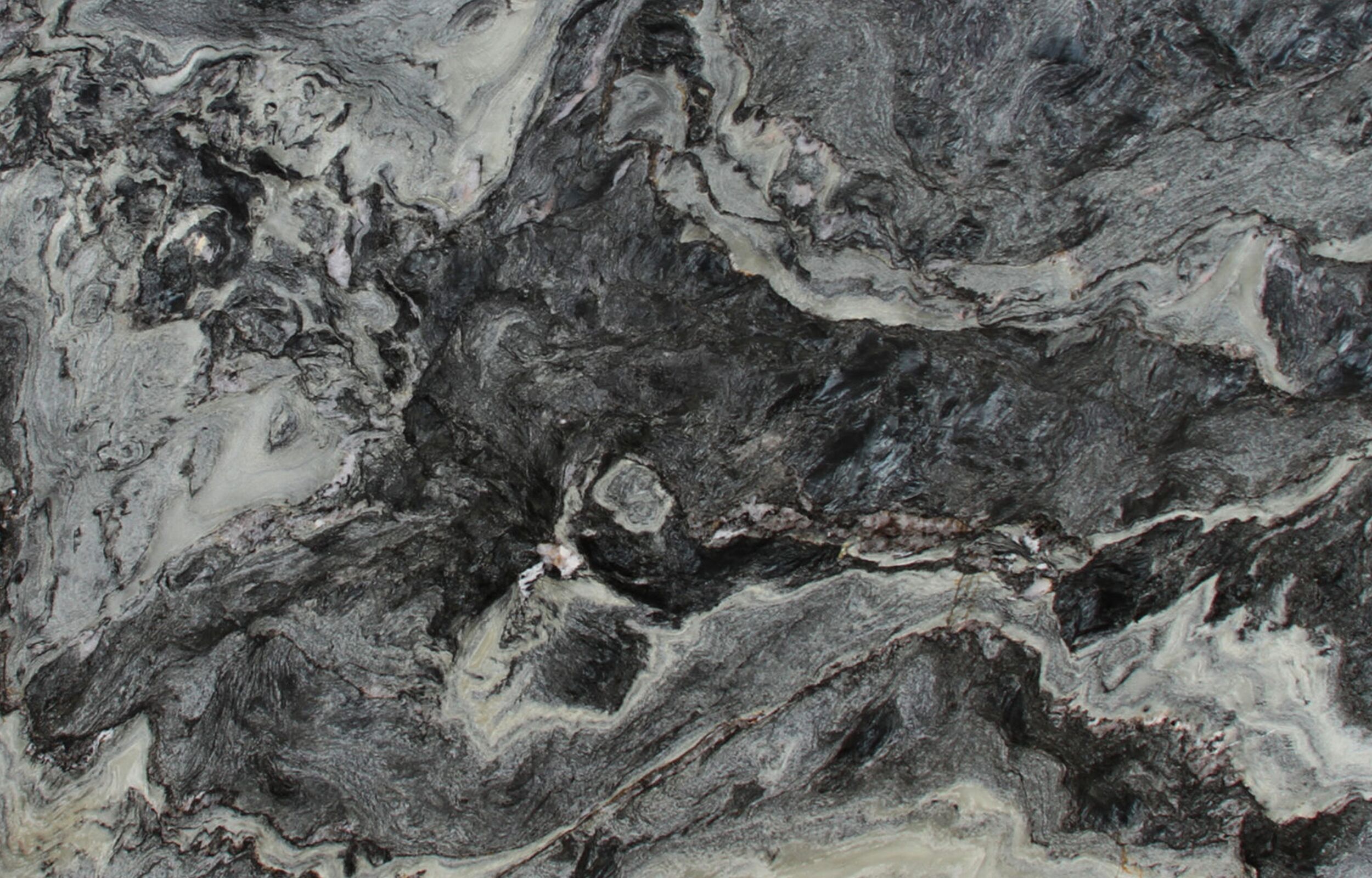The countertop market is enormous, with yearly sales in the billions of dollars. Naturally, there is strong competition as many businesses compete for consumers’ attention and make outrageous claims. Manufacturers of quartz countertops are constantly working to attract the market, and they do so by making grand statements and claims. Like with most information, it’s crucial to step back and consider whether these claims are accurate so that we all can make wise decisions. This article will help you know about Quartz as a material you can use for your home remodeling.
What is Quartz?
One of the most abundant minerals, Quartz is composed of silicon dioxide and has a hexagonal structure. It can be discovered in igneous, metamorphic, and sedimentary rocks. Quartz resists weathering both chemically and physically. The resistant quartz grains are accumulated in the soil, rivers, and beaches when quartz-bearing rocks are weathered and eroded. The white sands commonly seen in riverbeds and on beaches are normally made up primarily of Quartz with a small amount of white or pink feldspar.
Quartz crystal can be found worldwide and in a wide variety of geological settings. Brazil and the United States are the two major suppliers of natural quartz crystals. The only use for natural Quartz, as it is found in nature, is as a gemstone. The quartz products you see in the market are manufactured.
What is Manufactured Quartz?
Geologically speaking, a manufactured quartz countertop is not the same as pure natural Quartz. Only quartzite, which is genuinely pure natural Quartz, meets that standard. Although artificial quartz surfaces are not entirely made of Quartz, they contain some quartz. Artificial quartz surfaces are composed of 70% to 93% quartz dust, plastic resin, pigments, and other chemicals. The mineral particles are bonded together by polyester resin. Depending on the design, the resin may be distributed uniformly across the slab in some instances or may have visible patches. The same is valid with pigments; some designs feature highlights or ribbons that are a different color. This is done in an effort to mimic the patterns found naturally in natural stone.
The materials are blended, and the product is then poured into a mold to create manufactured quartz slabs. Although different producers adopt various techniques, the slabs are cured from sludge to a solid using some form of vibration, compression, heat, and a vacuum.
Characteristics of Quartz Countertops
Quartz countertops are manufactured products with some significant advantages over their natural stone counterparts. It is gradually being regarded as a superior option that gives any refurbished kitchen or bathroom a sleek, modern appearance. It adds beauty and functionality to any residential or business interior design project thanks to its attractive appearance, robust structure, and low maintenance requirements.
- Versatility
The pigments and resins that are utilized to make quartz countertops accomplish a number of goals. One of which is the plethora of appearances quartz counters come in. You can get quartz countertops resembling natural stones’ colors and patterns, such as marble and granite. Quartz’s adaptability and aesthetic value are other advantages. There are several colors to choose from, including cream, black, white, and gray. Unlike minerals like granite, Quartz also comes with a consistent color scheme across the entire surface. Because of this, it is simple to select quartz countertops or tiles that exactly complement the aesthetics of other surfaces around your house. Additionally, it offers a neat, minimalist aesthetic that many homeowners adore.
- Durability
The remarkable durability of Quartz makes it a popular choice. In terms of mineral hardness, quartz scores a 7 on the Mohs scale. Compared to other natural stones, it is less likely to break and shatter and is scratch resistant. However, extreme heat and abrupt temperature changes can cause cracking, as the surface is moderately heat-resistant. Due to its remarkable durability, Quartz can be maintained in nearly flawless condition for several years to come with the right measures. It is advised to place trivets beneath hot pots and pans. Quartz is a great choice for your house if you desire a long-lasting substance.
- Easy Maintenance
Quartz’s nonporous and nonabsorbent nature is one of its best qualities. As a result, it is perfect for countertops in bathrooms and kitchens because it doesn’t promote harmful bacteria and microbes like mold. Quartz is a very hygienic surface. They are very simple to clean because of their nonporous nature. To clean your countertop, give it a gentle wash with soap and water. No special cleaning supplies are needed. In contrast to granite and marble, Quartz never has to be resealed or polished, making them simple to maintain throughout time.
How Much Does Quartz Countertop Cost?
Quartz countertops’ average price is between $50 and $70 per square foot. Depending on the kind and quality of the surface, the cost may exceed $150. Considering the many advantages of Quartz and how little maintenance it needs, this is definitely worth it.

